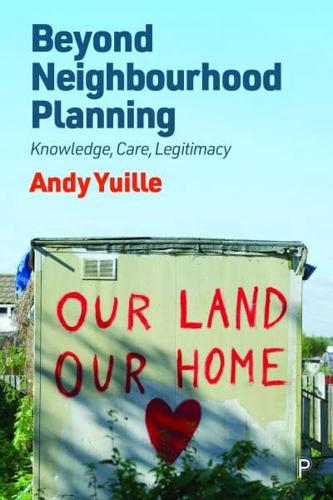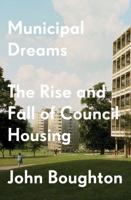Publisher's Synopsis
The past three decades have seen an international 'turn to participation' - letting those who will be affected by outcomes play an active role in decision-making - but there is widespread dissatisfaction with actual instances of citizen-state engagement. Neighbourhood planning in England exemplifies this contradiction.
This innovative analysis brings theory, research and practice together to give insights into how and why citizen voices become effective or get excluded. Ethnographic data from detailed studies of neighbourhood planning are used to illustrate the constraints and possibilities of a wide range of participatory governance practices and social movements. The book concludes with recommendations to re-invigorate community involvement in planning and beyond.











